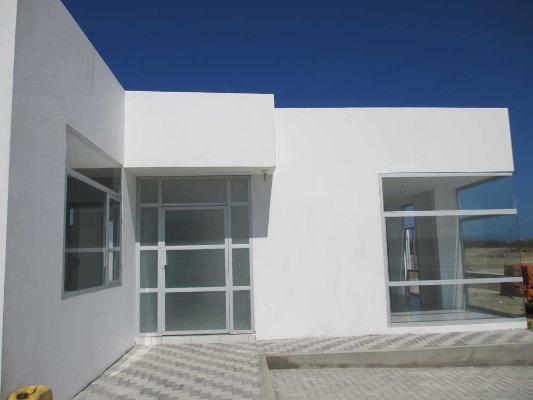Reduction of gasoline, diesel and gas subsidies remains a priority for the government
Despite the fact that President Lenin Moreno has withdrawn his controversial order eliminating subsidies for gasoline and diesel fuel, the issue of subsidies has not gone away.

Reducing subsidies for gasoline and diesel fuel remains a priority fo the government.
“The fiscal health of the country depends on making changes to the system currently in place,” says Ecuador Finance Minister Richard Martinez. “We simply cannot afford to keep paying the bill for people who can afford to pay market price for fuel and we are exploring the best ways to change the status quo.”
The elimination of subsidies for gasoline and diesel ordered by Moreno on October 3 set off protests that paralyzed Ecuador for 10 days. The subsidies were temporarily reinstated October 13 following an agreement between Moreno and the Confederation of Indigenous Nationalities (Conaie) that ended nationwide protests.
In radio and television interviews, Martinez said that the government is considering a number of ways to reduce subsidies without hurting the country’s poor population. “We are looking at 10 ideas for ending subsidies for those who don’t need them as well as ways to eliminate fuel smuggling that is costing the government hundreds of millions of dollars,” he said. He added that as much as 20 percent of subsidized diesel fuel is smuggled across the borders into Colombia and Peru.
Among the suggestions the government is looking at is a permit system that would limit sales of subsided gasoline and diesel to pre-approved customers and the positioning of government monitors at service stations near border crossings.
Also open for discussion, Martinez says, is reducing the subsidy for LP gas
He said the proposals will be discussed in upcoming meetings between the government and representatives of Conaie and other social groups to be moderated by the United Nations.





















